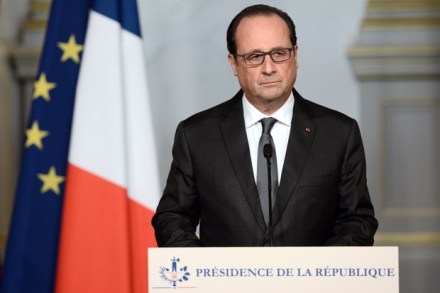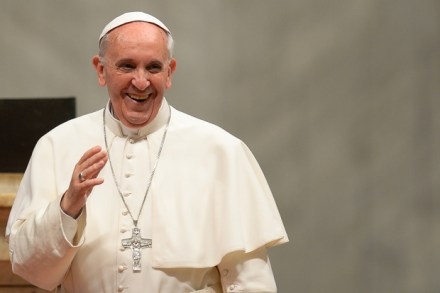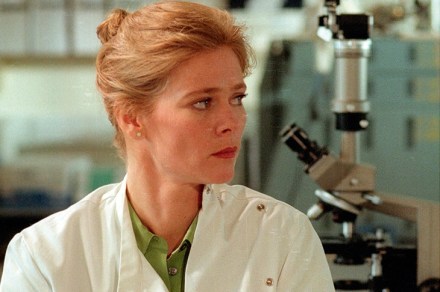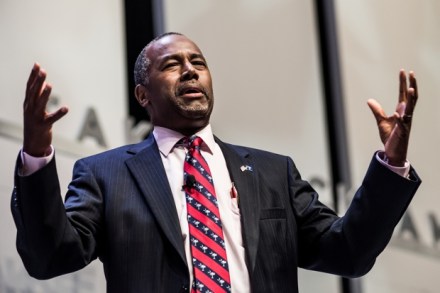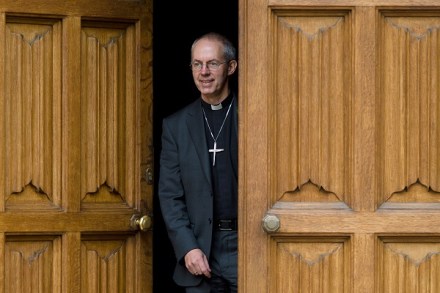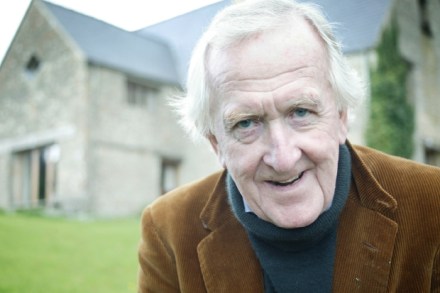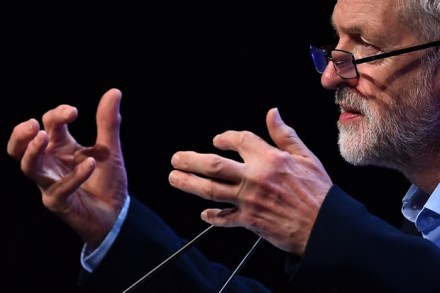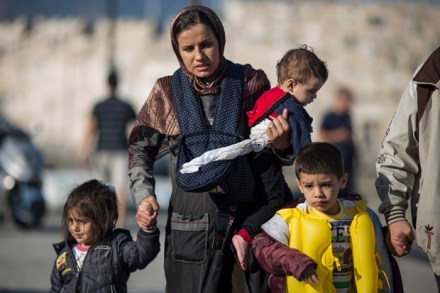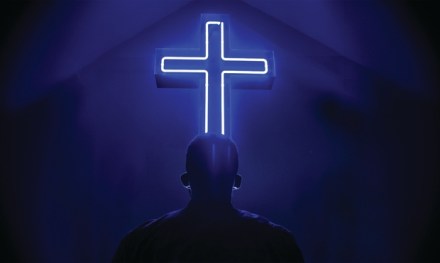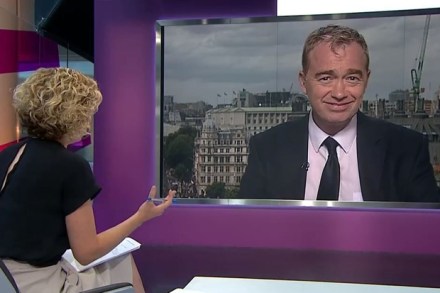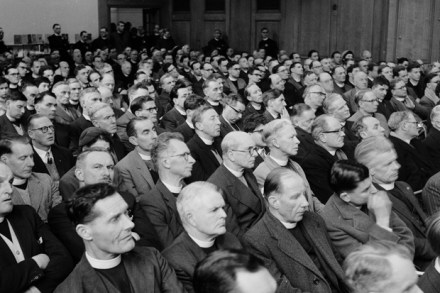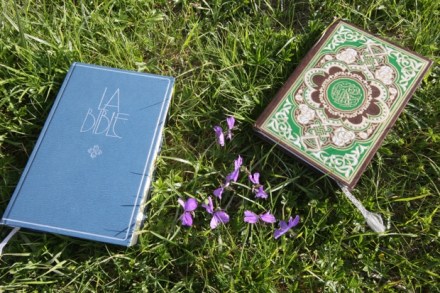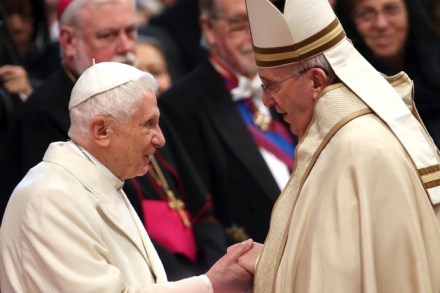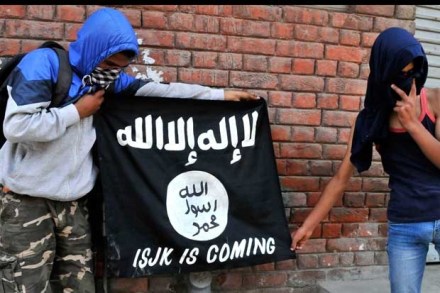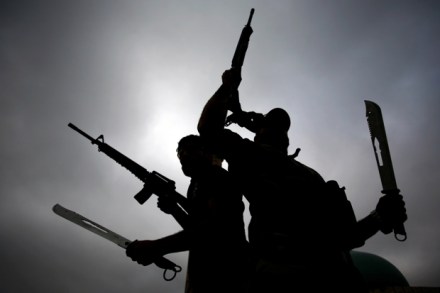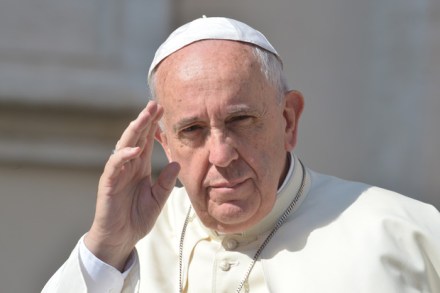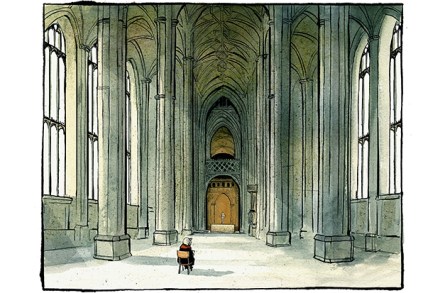True dedication
Benjamin Clementine, who won the 2015 Mercury Music Prize for his debut album At Least For Now, received his cheque for £20,000 and the trophy and, breaking down in tears, ‘dedicated his award to the victims of the Paris terror attacks’. One may be given leave to doubt it. In the ancient world, people of all backgrounds made dedications, from soldiers thanking gods for their escape from a nasty situation in battle to those who had had a threatening dream or wished to demonstrate their piety. Often people made ‘votive’ offerings (votum, ‘vow’), i.e. after vowing to the god that if they e.g. escaped a storm, they would make a


